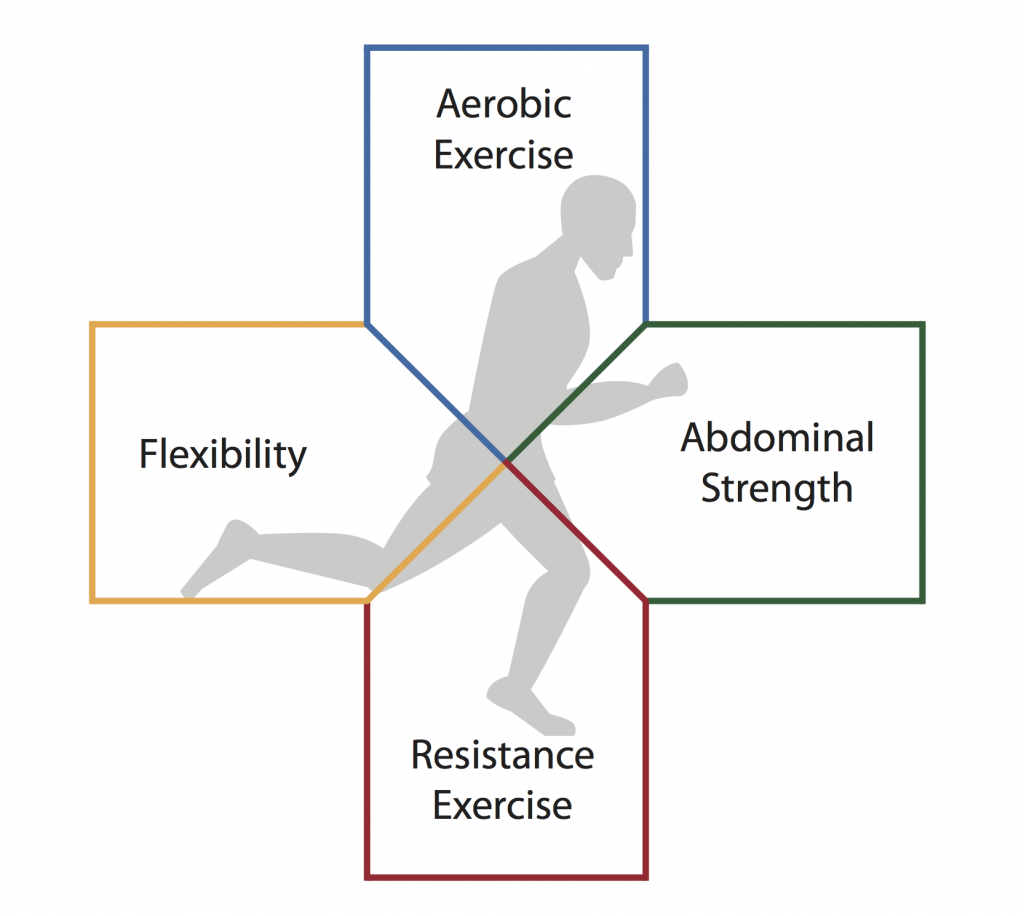Diabetes Treatments: How Do You Treat Diabetes?
There are a variety of diabetes treatments available. Different treatments are appropriate for the different forms and severities of the disease.
Type 1 Diabetes Treatments
As you have read, Type 1 Diabetes Mellitus is a genetic disorder and cannot be prevented with a healthy lifestyle, proper diet, and exercise. T1DM must be treated with injected insulin because the body is unable to produce its own insulin. The exogenous insulin can be administered either through injections multiple times daily or through an insulin pump.
Type 2 Diabetes Treatments
Lifestyle Modification
 The best treatment for Type 2 Diabetes Mellitus is prevention! As you have read in previous sections, T2DM results from a combination of obesity, a high-calorie diet, lack of exercise, and genetic susceptibility. Although it is not always possible to prevent T2DM from occurring, one can decrease the risk of developing the disease with proper nutrition and exercise. Additionally, these same methods can improve or even reverse the disease when already present. Please see our Nutrition and Exercise sections for more information on proper eating and exercise habits.
The best treatment for Type 2 Diabetes Mellitus is prevention! As you have read in previous sections, T2DM results from a combination of obesity, a high-calorie diet, lack of exercise, and genetic susceptibility. Although it is not always possible to prevent T2DM from occurring, one can decrease the risk of developing the disease with proper nutrition and exercise. Additionally, these same methods can improve or even reverse the disease when already present. Please see our Nutrition and Exercise sections for more information on proper eating and exercise habits.
Medical Diabetes Treatments
Once T2DM has developed and cannot be adequately controlled with diet and exercise, a variety of medications are available to treat the disease. A brief overview of general medication categories is as follows,1 for more detailed information please consult your primary care physician or other medical professional:
- Biguanides
- Decrease glucose production by the liver and increase sensitivity to insulin
- Very unlikely to cause an unexpected drop in blood sugar
- Metformin (Glucophage)
- Sulfonylureas
- Stimulate the release of insulin from pancreatic beta cells
- Glyburide (Micronase, DiaBeta, Glynase), Glipizide (Glucotrol, Glucotrol XL), Glimepiride (Amaryl)
- Meglitinide derivatives
- Stimulate insulin release from pancreatic beta cells
- More short-acting than sulfonylureas; Potentially less risk of hypoglycemia
- Repaglinide (Prandin), Nateglinide (Starlix)
- Alpha-glucosidase inhibitors
- Prolong the absorption of carbohydrates preventing glucose surges after eating
- Can cause GI side effects, such as flatulence
- Acarbose (Precose), Miglitol (Glyset)
- Thiazolidinediones (TZDs)
- Reduce peripheral insulin resistance and aid in fat redistribution (insulin sensitizer)
- Pioglitazone (Actos), Rosiglitazone (Avandia)
- Glucagonlike peptide–1 (GLP-1) agonists
- Stimulate glucose-dependant insulin secretion, reduce glucagon, and slow gastric emptying
- Exenatide Injections (Byetta, Bydureon), Liraglutide (Victoza)
- Dipeptidyl peptidase IV (DPP-4) Inhibitors
- Increase insulin release and decrease circulating glucagon levels
- Sitagliptin (Januvia), Saxagliptin (Onglyza), Linagliptin (Tradjenta), (Vildagliptin currently under FDA review)
- Amylinomimetics
- Slows gastric emptying, decreases glucagon secretion after meals, and modulates appetite
- Pramlinide acetate (Symlin)
- Bile acid sequestrants
- Approved for combination therapy along with diet and exercise; exact mechanism of glucose control is unknown
- Colesevelam (WelChol)
- Dopamine agonists
- Acts on the hypothalamus to reset the abnormally elevated drive for increased plasma glucose, triglyceride, and free fatty acid levels
- Bromocriptine (Cycloset)
- Insulin
- The basic types of insulin include rapid-acting, short-acting, intermediate-acting, and long-acting.
- Different types of insulin are usually used in combination to achieve optimal glucose control
- Rapid-Acting: Insulin Aspart (NovoLog), Insulin Glulisine (Apidra), Insulin Lispro (Humalog); Short-Acting: Regular Insulin (Humulin R, Novolin R); Intermediate-Acting: Insulin NPH (Humulin N, Novolin N); Long-Acting: Insulin detemir (Levemir), Insulin Glargine (Lantus)
The appropriateness and effectiveness of each of these medical diabetes treatments vary between individuals. Treatment should only be undertaken with the supervision of a physician or other appropriate medical professional.
EMG Health Homepage: Men’s Health Introduction




